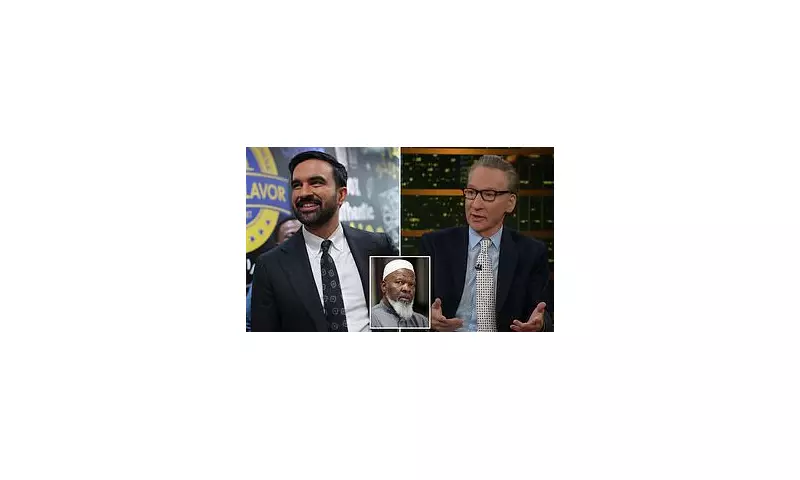
American comedian and political commentator Bill Maher has ignited a firestorm of controversy following a heated television exchange where he labelled New York City assemblyman Zohran Mamdani a "supporter of terrorists."
The dramatic confrontation occurred during Maher's HBO talk show 'Real Time,' where the discussion took an intensely personal turn. Maher directly accused the Democratic Socialist politician of backing terrorist organisations, creating one of the most viral political moments of recent weeks.
The Explosive Exchange
During the segment, Maher didn't hold back, stating: "You support the terrorists." The blunt accusation came amid a discussion about Middle Eastern politics and Mamdani's previous statements regarding various political groups in the region.
Mamdani, who represents parts of Queens in the New York State Assembly, immediately pushed back against what he called "a smear campaign" designed to discredit his political stance.
Political Fallout and Reactions
The aftermath has seen political figures and commentators taking sides in the brewing controversy. Supporters of Mamdani have condemned Maher's comments as inflammatory and inaccurate, while others have defended the comedian's right to challenge politicians on their affiliations.
Mamdani's camp has suggested this confrontation could influence his consideration of a future run for New York City mayor, with the assemblyman needing to navigate how such high-profile attacks might affect his political prospects.
Broader Implications
This clash highlights the increasingly tense nature of political discourse in the United States, particularly around issues of foreign policy and what constitutes acceptable criticism of government allies and adversaries.
The incident also raises questions about the role of television hosts in shaping political narratives and the boundaries of legitimate political debate versus personal attacks.
As both sides dig in their heels, this controversy shows no signs of abating, with social media amplifying the exchange to audiences far beyond the original broadcast.





